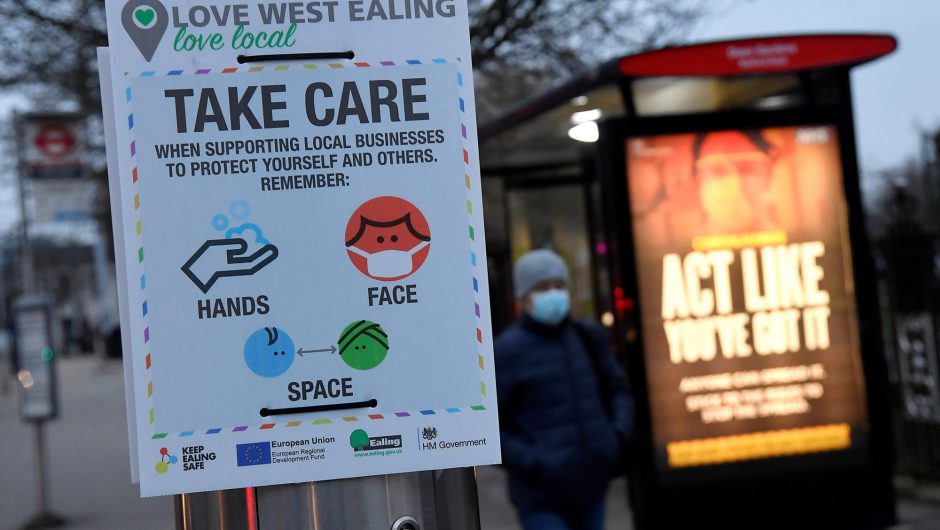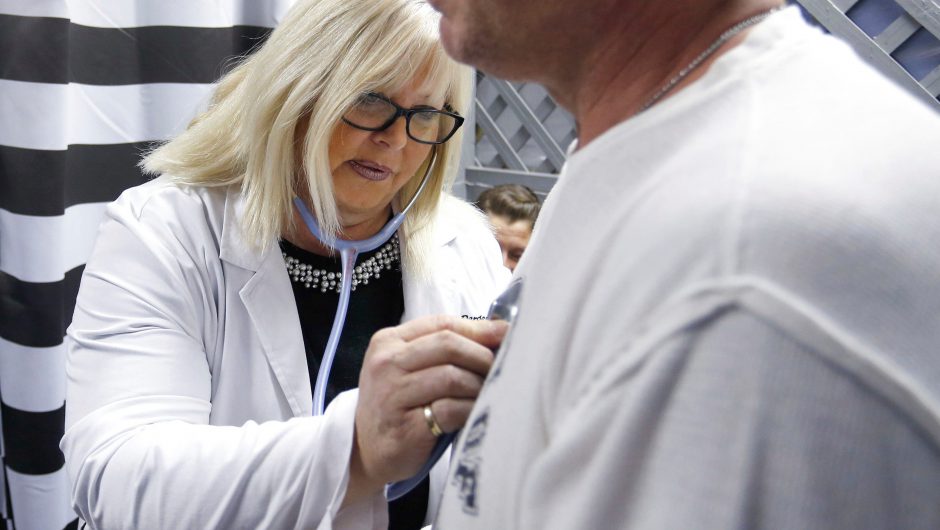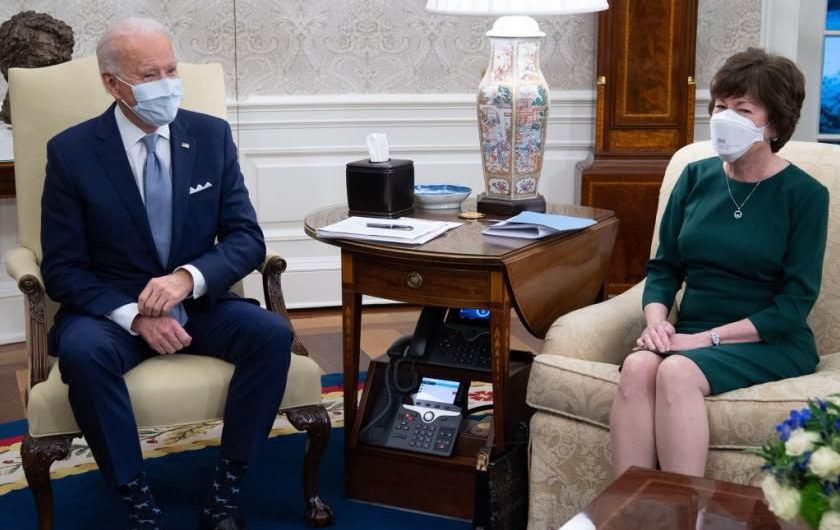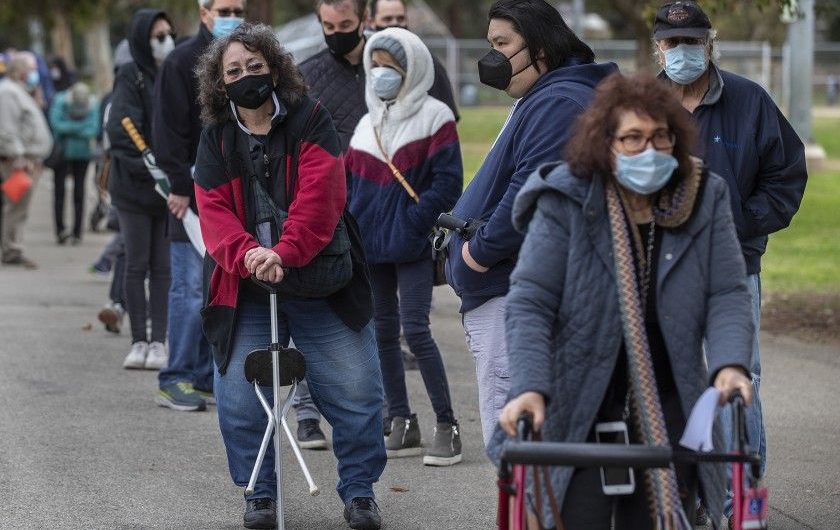Poop could help flush away the coronavirus, scientists say.
Studying human feces in sewer systems worldwide may be the secret to curbing a second wave of COVID-19 until widespread testing is available, researchers said in a report Wednesday.
“Infected patients are excreting the novel coronavirus, SARS-CoV-2, in stool,” Newsha Gaeli, co-founder of wastewater epidemiology firm Biobot, told CBC Radio. “That’s how we end up being able to see the coronavirus, along with a whole bunch of other human health information in our city sewer system.”
The Massachusetts-based biotech has been building a picture of the spread through samples collected from wastewater facilities across the country. So far, it has collected 300 samples in 40 US states — which researchers then use to measure the concentration of the virus and estimate how badly each area has been hit.
Gaeli says the firm’s research could be the key to early detection of a second wave of the deadly bug because many countries can’t afford — or don’t have access to — widespread testing.
“We need a way to very easily and rapidly get a snapshot of what’s happening,” she told the outlet. “It’s very important that we have a robust surveillance infrastructure in place to be able to detect any new outbreaks and immediately contain them.”
The study could also be expanded by collecting samples “directly from the sewer lines” in order to hone in on more specific “community-by-community level information,” she said.
But other scientists pooh-poohed the method, saying it’s no sure way to wipe out the pandemic.
“I would caution people from using it as an absolute truth and recognizing that often with models, there can be a high degree of uncertainty,” said Natalie Prystajecky, who began testing wastewater in British Columbia this week.
“I would just want people to make sure that they understood the limitations of the data, as they interpret it.”
Meanwhile, a team of researchers in France who have been testing wastewater since March 5 — less than two weeks before the country enforced a strict lockdown — say the results add up.
“What we’ve seen is a gradual increase of the viral load in wastewaters up to the 10th of April,” Vincent Marechal, a human virologist working on the study told CBC.
After that, the viral load decreased, which Marechal said may indicate “that the lockdown procedure has been efficient.”
He said wastewater tests could give local governments a general indication of the spread of the virus in a cost-effective way, especially when it comes to asymptomatic cases.
“Wastewater helps you to investigate what happens in thousands of guts,” he told the outlet.
“Instead of testing each person, you can just stay in a specific area, ‘OK, the virus is probably here because the wastewaters are positive for the virus.’”








